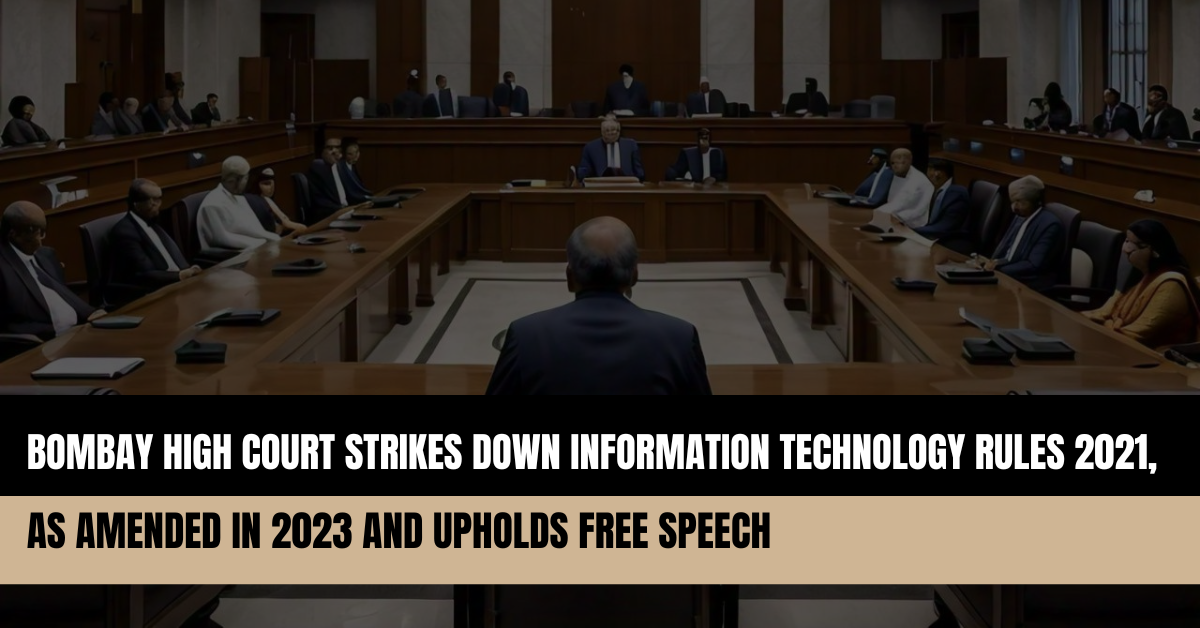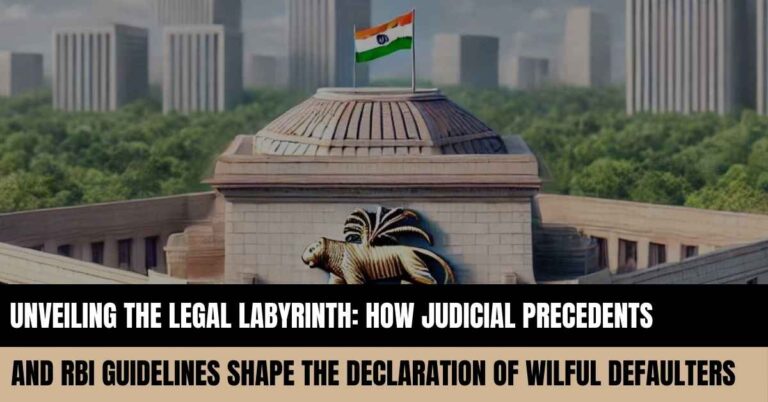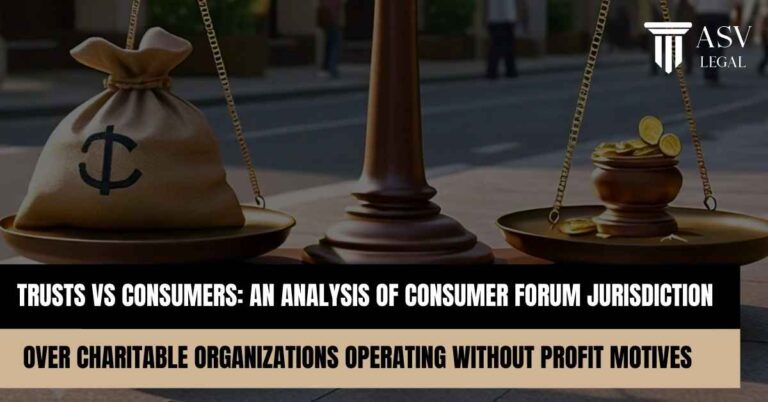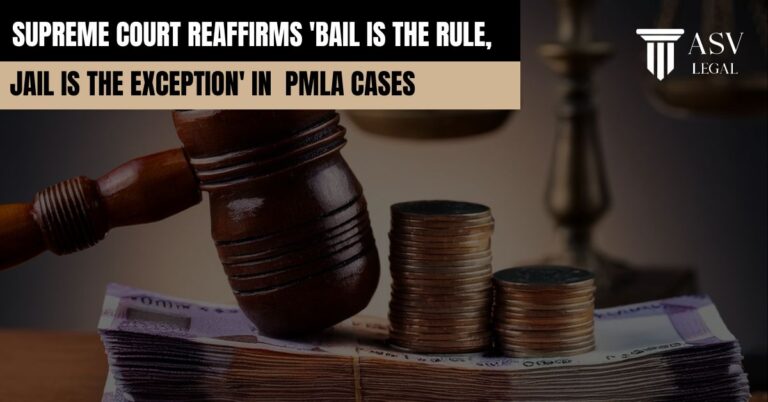Written By: Gaurav Singh
In a recent development, the Hon’ble High Court of Bombay in the matter “Kunal Kamra Vs. Union of India & Ors. and connected matters bearing case No. Writ Petition (L) No. 9792 of 2023” has struck down Rule 3(1)(b)(v) of the Information Technology (Intermediary Guidelines and Digital Media Ethics Code) Rules, 2021, as amended in 2023 (hereinafter to be “Amended IT Rules”) that lead to the establishment of a Fact Check Unit (hereinafter “FCU”) under the aegis of Ministry of Electronics and Information Technology, Government of India.
Background of the Case
The above-mentioned Amended IT Rules empowered the Central Government to establish an FCU responsible for identifying “fake, false, or misleading” information relating to the “business of the Central government” from social media platforms like Facebook, X, Instagram, and YouTube.
Court Proceedings and Arguments
On April 10, 2023, Comedian Kunal Kamra with some other major media entities filed a Petition before the Hon’ble High Court of Bombay against the Amendment to the Act and Rules, citing them as arbitrary, violative of the fundamental rights and vague. The Petitioner claimed that the amended IT Rules are ultra vires to Section 79[1] of the Information and Technology Act, 2000, (hereinafter “IT Act”) which safeguards intermediaries (such as media houses and social media platforms) from action against third-party contented and Section 87(2)(z)[2] and Section 87(2)(zg)[3] of the IT Act. Hence, the Amended IT Rules are violative of the fundamental “right to equality” under Article 14, the “right to free speech” under Article 19(1)(a), and the “right to carry on a profession” as protected by Article 19(1)(g) of the Constitution of India.
Defending the FCU, Ld. Solicitor General Tushar Mehta appeared for the Union Government and it was his submission that on any information that was found to be fake, false or misleading as regards the business of the Central Government, the option of putting up a disclaimer was available to enable intermediaries to continue to enjoy safe harbour[4]. Ld. Solicitor General emphasised that the right to accurate information is a fundamental right of news recipients under Article 19(1)(a). It could not be said that the Central Government through the FCU was the final authority to determine which information was fake or false or misleading and that it was only the court of law that was the final adjudicator. The remedy of approaching a court of law had not been taken away and hence that remedy could always be invoked in case of any grievance as to a direction issued by the FCU.
That Ld. Counsel for the Petitioner rebutted the above argument presented by the Ld. Solicitor General Tushar Mehta, and, insisted that the right to accurate information belongs to citizens, not the State, and warned that would lead to the government pre-emptively declaring what is true or false.
The Court’s Verdict
On January 31, 2024, the division bench of the Hon’ble High Court of Bombay consisting of Justice Gautam Patel and Justice Neela Gokhale delivered a split verdict. Justice Patel held in favour of the petitioners and struck down Rule 3(1)(b)(v), citing concerns about the potential for censorship of user content and the shifting of responsibility for content accuracy from creators to intermediaries. He emphasised the need for clear guidelines and criticised the imbalance in addressing grievances related to government information versus other sensitive issues.
In contrast, Justice Gokhale upheld the validity of the Amended IT Rules, arguing that they target misinformation with malicious intent while protecting freedom of speech. She stated that a rule cannot be invalidated based solely on concerns of potential abuse, affirming that petitioners and users can approach the court if any intermediary actions infringe upon their fundamental rights.
Tiebreaker Decision
Therefore, Chief Justice Mr. DK Upadhyay appointed Justice AS Chandurkar as the ‘Tiebreaker Judge’ wherein after a thorough examination of the differing views presented by the Division Bench, the third judge aligned with Justice G.S. Patel to strike down Rule 3(1)(b)(v) oftheAmended IT Rules. This ruling addresses several critical issues regarding constitutional rights and the scope of government authority.
The Hon’ble Court found that the amended rule violated fundamental constitutional rights, including Article 14, Article 19(1)(a) and Article 19(1)(g) of the Constitution. The ruling emphasized that the Amended IT Rules disproportionately targeted information related to the business of the Central Government while lacking a clear legal framework, rendering it unconstitutional. Additionally, the court held that the amended rule was ultra vires the Information Technology Act, 2000. It concluded that the Act did not empower the Central Government to introduce amendments that infringe upon constitutional protections or impose vague restrictions on free speech.
The Hon’ble Court further held that the expression “fake, false and misleading” in the Rules was “vague and hence wrong” in the absence of any definition. The absence of clear definitions for these terms rendered the rule overly broad, granting the government excessive discretion in determining what constitutes false information. This ambiguity raised significant concerns about potential misuse and arbitrary enforcement. This interpretation underscores the necessity for clarity in legislative frameworks governing digital media and communication.
Implication of the Ruling
Digital rights groups, who had sharply objected to the FCU’s creation as an excessive government intervention, welcomed the opinion by the Hon’ble Court. In the time of digital era and deep fakes, it is the duty of the state as well as of the social media platforms to ensure proper tracking and tackling to prevent misinformation and crime against society at large. However, the legal development qua the state shall be within the bounds of the fundamental and legal rights provided under the Constitution. This landmark decision will have significant implications for the future of free speech, and digital media regulation, and in defining the role of the state in governing online platforms in India.
[1] Section 79(1) of the IT Act states that an intermediary shall not be liable for any third-party information, data, or communication link made available or hosted by it, provided that it fulfils the conditions prescribed in Section 79(2) and Section 79(3) therein.
[2] Section 87(2)(z) of the IT Act is a clause which allows for the blocking of access to information by the public
[3] Section 87 (2) (zg) of the Act provides the guideline to be observed by the intermediaries under sub-Section 2 of Section 79 of the IT Act.
[4] The terminology ‘safe harbour’ as provided under the IT Act refers to the legal immunity provided to the Internet Service Providers (ISPs) and other intermediaries that transmit third-party content on the Internet.




